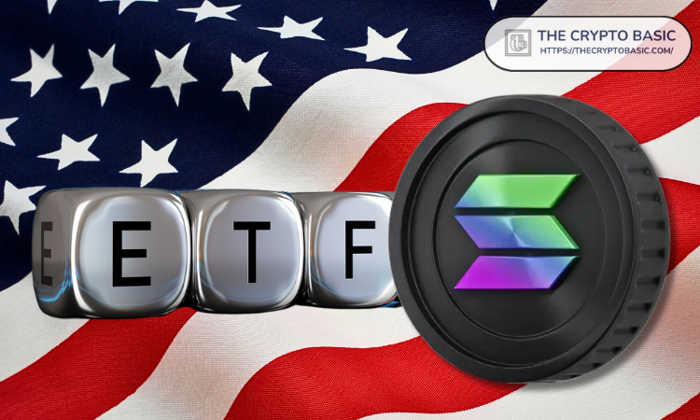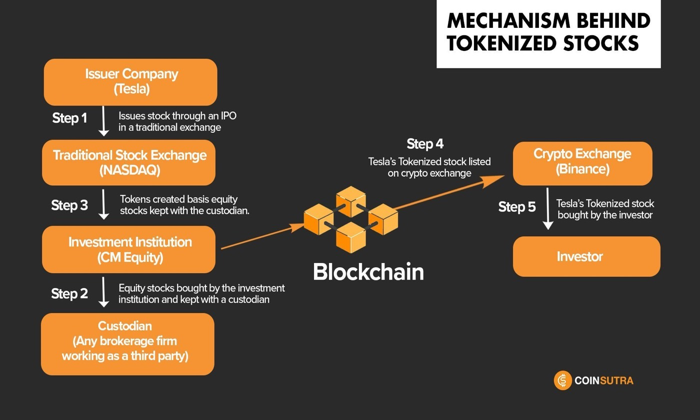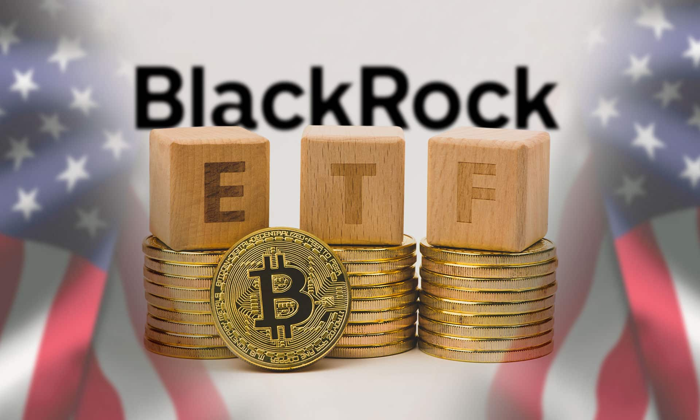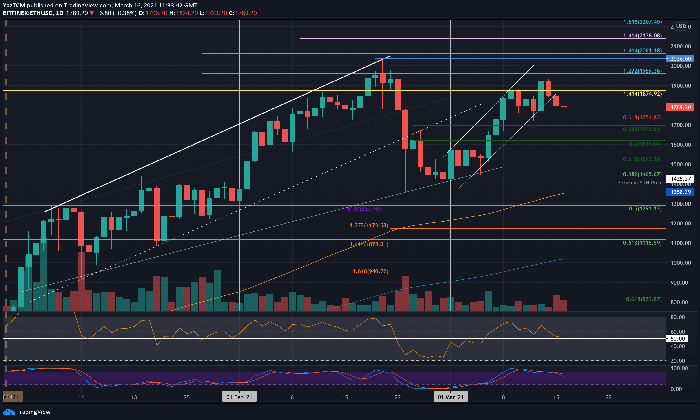El Salvador Bitcoin has made headlines globally, as this Central American nation boldly adopted cryptocurrency as legal tender, marking a revolutionary moment in the financial landscape. Despite the complexities surrounding its IMF agreement on Bitcoin, the country continues to navigate its financial future, highlighting a unique balance between sovereignty and international financial compliance. Recent reports reveal that the treasury of El Salvador is actively engaged in Bitcoin acquisition, securing over $650,000 in Bitcoin within just one week, showcasing a commitment to its crypto strategy. This strategic maneuvering aims to uphold its reputation in the cryptocurrency realm while adhering to the stipulations laid out by the International Monetary Fund (IMF). As El Salvador navigates these challenges, its actions could offer crucial insights for other nations contemplating Bitcoin adoption amid existing IMF compliance standards.
In the realm of digital currency, El Salvador stands at a crossroads as it attempts to integrate cryptocurrency into its economic framework. The nation’s groundbreaking decision to recognize Bitcoin as a legal form of payment has sparked both intrigue and skepticism on a global scale. With ongoing discussions surrounding its compliance with IMF stipulations regarding cryptocurrency acquisitions, El Salvador’s approach could redefine how countries interact with financial institutions amidst the rise of decentralized finance. As it continues to implement innovative strategies for cryptocurrency integration, the experiences of this small nation may provide pivotal lessons for broader economic reforms and governance in the age of digital assets. Exploring the dynamics between traditional financial obligations and the burgeoning world of crypto, El Salvador’s journey is not just about Bitcoin; it’s about carving a new path in international finance.
El Salvador’s Bitcoin Legal Tender Status: A Unique Approach
In September 2021, El Salvador made headlines by becoming the first country in the world to recognize Bitcoin as legal tender. This landmark decision allowed citizens to use Bitcoin for all transactions, from daily purchases to paying taxes. The move was designed to enhance financial inclusion and attract foreign investments to the country. As a result, many are watching closely to see how this strategy unfolds, particularly in light of ongoing agreements with the International Monetary Fund (IMF). El Salvador’s decision to embrace Bitcoin has put the nation at the forefront of the global cryptocurrency conversation.
However, the path has not been without its challenges. The IMF has expressed concerns about the risks associated with Bitcoin’s volatility and its potential impact on the country’s economy. Following a $1.4 billion loan agreement, a significant stipulation emerged: the Salvadoran government was required to halt the accumulation of Bitcoin as an asset. This necessitated a careful balancing act for the government as it sought to maintain a favorable stance toward cryptocurrency while adhering to the IMF’s regulations.
Navigating the IMF Agreement on Bitcoin
The IMF’s agreement with El Salvador has significant implications for the country’s cryptocurrency strategy. As stipulated, the Salvadoran government was mandated to cease its direct acquisition of Bitcoin. Nonetheless, by interpreting the agreement flexibly, El Salvador still finds avenues to engage with Bitcoin through non-governmental entities. This allows the country to preserve its Bitcoin acquisition while simultaneously meeting IMF compliance requirements. This strategy emphasizes a careful navigation of international financial obligations while retaining a progressive attitude towards cryptocurrency.
Rodrigo Valdes, the director of the Western Hemisphere Department at the IMF, confirmed that El Salvador is complying with the agreement to halt government Bitcoin accumulation. This means the country’s further involvement with Bitcoin transactions must be conducted through private sectors rather than its fiscal apparatus. The ability to interpret compliance flexibly opens the door for innovative financial practices that can help shape El Salvador’s economic landscape. These dynamics present a robust case study of the intersection between national governance and the evolving world of digital currencies.
El Salvador’s Bitcoin Acquisition Despite IMF Restrictions
Despite the restrictions placed by the IMF, El Salvador has made headlines through its continued Bitcoin acquisitions. Recent reports reveal that the treasury managed to secure 7 Bitcoins valued at over $650,000 within just a week, showcasing a commitment to integrating cryptocurrency into its economy. This acquisition signals a noteworthy approach, adhering to the IMF’s guidelines while simultaneously emphasizing the importance of Bitcoin in the nation’s financial ecosystem. Observers have suggested that such actions could reflect a broader vision where cryptocurrency remains a cornerstone of economic growth.
The dichotomy between the government’s adherence to the IMF’s mandate and its actions regarding Bitcoin highlights a strategic maneuvering in the realm of digital assets. Industry analysts, including blockchain experts, have pointed out that engaging in Bitcoin transactions through public-private collaborations allows the country to maintain its Bitcoin-friendly image while necessary financial mechanisms come into play. This method not only mitigates the risks associated with a fully government-led Bitcoin strategy but also sets a precedent for how other nations can navigate similar dilemmas in the crypto space.
The Implications of El Salvador’s Crypto Strategy
El Salvador’s pioneering crypto strategy serves as a template for other countries looking to integrate cryptocurrencies into their economies. By adopting Bitcoin as legal tender, the Salvadoran government has posed important questions regarding currency stability, economic growth, and compliance with international financial obligations. As Bitcoin continues to gain traction, other nations are likely to observe the results of El Salvador’s experience, weighing the potential benefits against the challenges posed by international lenders like the IMF.
Furthermore, El Salvador’s approach to cryptocurrency adoption illustrates a wider trend in which technology and regulation intersect. As more nations consider the implications of crypto-legal tender, it will be imperative to establish robust frameworks that accommodate innovation without compromising fiscal stability. The Salvadoran case indeed highlights the necessity for comprehensive legal guidelines and state capacity to manage the complexities involved in such significant financial transformations.
El Salvador’s Compliance with IMF Recommendations on Bitcoin
The interaction between El Salvador and the IMF exemplifies a broader dialogue on cryptocurrency compliance in financial markets. As El Salvador incorporates Bitcoin into its economic framework while facing strict regulations from the IMF, the leadership is emphasizing transparency and governance. This compliance initiative not only aims to fulfill the requirements set by the IMF but also seeks to ensure that the nation’s economic interests remain safeguarded in a rapidly evolving digital currency marketplace.
Rodrigo Valdes’ affirmation of Salvadoran compliance with IMF directives emphasizes the importance of sustainable development in conjunction with innovative financial practices. The paradigms established through this collaboration potentially serve as models for other countries exploring similar economic pathways. As the global economic landscape continues to evolve with the advent of cryptocurrencies, ongoing discussions about balancing innovation with fiscal responsibility will be essential in forming effective regulatory frameworks.
The Future of Bitcoin in El Salvador
The future of Bitcoin in El Salvador appears vibrant amidst the challenges posed by compliance with international financial agreements. As the nation remains firm in its strategy that embraces Bitcoin as a means to enhance financial inclusion and investment appeal, forecasts point towards a cautiously optimistic scenario. The ability to leverage non-governmental purchases of Bitcoin may offer the flexibility needed to navigate economic pressures while still promoting innovation in cryptocurrency.
In looking towards the future, El Salvador’s decisions regarding Bitcoin will likely be pivotal in shaping both domestic economic policies and international perceptions of cryptocurrency adoption. If successful, El Salvador might inspire a resurgence of Bitcoin interest among other nations, all while setting a precedent for how to balance international compliance with economic innovation. The continued dialogue concerning Bitcoin’s role in national economies highlights the transformative potential of digital currency in reshaping traditional financial paradigms.
Lessons from El Salvador’s Bitcoin Experiment
The commercial and political environments for cryptocurrencies are fluid, and El Salvador’s experiment offers critical lessons for other nations. The Salvadoran experience sheds light on the necessity for robust regulatory frameworks capable of adapting to the rapid evolution of digital assets. As countries contemplate the adoption of cryptocurrencies, understanding the nuances of El Salvador’s approach can provide insight into creating effective laws and governance that promote stability while embracing innovation.
El Salvador’s test case also highlights the importance of responsible financial management when engaging with Bitcoin. Success hinges not only on the enthusiasm for digital assets but also on creating a sustainable economic strategy that safeguards against volatility. Lessons of transparency and compliance will influence not only local success but also the credibility of cryptocurrency on a global scale. Countries observing this situation can apply these teachings to navigate their respective relationships with digital currencies.
The Role of International Financial Bodies in Cryptocurrency Adoption
The IMF’s role in shaping global financial policy often includes direct guidance for countries seeking to adopt cryptocurrencies like Bitcoin. As international financial institutions provide frameworks aimed at ensuring compliance and stability, their influence can guide nations exploring the potential of digital economies. The dynamics of the IMF’s involvement with El Salvador exemplify this interaction, where innovative measures are often tempered by traditional fiscal responsibilities.
As countries pursue ambitious cryptocurrency initiatives, the relationship with organizations like the IMF will be fundamental to balancing innovation while adhering to global financial standards. The Salvadoran case presents vital insights into how governments can engage with international bodies to maximize benefits from cryptocurrency adoption while minimizing risks associated with regulatory non-compliance. This engagement will shape the future landscape of digital currencies and their role within the global economy.
El Salvador’s Economic Transition Through Bitcoin Integration
As El Salvador moves forward with its strategy to integrate Bitcoin into the national economy, the focus on economic transition becomes increasingly important. The government views Bitcoin not just as a currency but as a potential catalyst for broader structural reforms. By fostering an environment that encourages Bitcoin transactions, El Salvador aims to enhance its economic prospects, attract investments, and elevate its global economic standing.
The economic transition through Bitcoin integration underscores a proactive approach to modernizing the country’s financial systems and creating new opportunities for growth. Such strategies emphasize the necessity for an adaptive regulatory framework that facilitates innovation, empowers local communities, and embraces emerging financial technologies. The interplay between traditional economic policies and the burgeoning world of cryptocurrencies will be crucial for the country’s long-term sustainability and financial health.
Frequently Asked Questions
What is the legal status of Bitcoin in El Salvador?
El Salvador is the world’s first country to adopt Bitcoin as legal tender, officially recognizing it as a valid medium of exchange. This means businesses are required to accept Bitcoin alongside the U.S. dollar, which continues to be the primary currency.
How does El Salvador comply with the IMF agreement regarding Bitcoin?
Despite adopting Bitcoin as legal tender, El Salvador is complying with the IMF agreement by halting government Bitcoin acquisitions. The IMF has confirmed that while the country can accumulate Bitcoin through non-governmental entities, direct governmental purchase of Bitcoin is restricted.
What are the implications of the IMF agreement on Bitcoin acquisition in El Salvador?
The IMF agreement restricts the Salvadoran government from acquiring Bitcoin directly, aligning with fiscal discipline expectations. However, it allows for potential Bitcoin accumulation through private or non-public sector channels, maintaining a flexible stance on cryptocurrency investments.
How is El Salvador’s crypto strategy evolving amid IMF negotiations?
El Salvador’s crypto strategy aims to foster financial innovation while addressing economic challenges. The country is leveraging its Bitcoin-friendly image to secure IMF funding, balancing its ambitions with compliance to financial conditions set by the fund.
What are the structural reforms linked to the Bitcoin initiative in El Salvador?
The Bitcoin initiative in El Salvador is part of broader structural reforms aimed at improving governance, transparency, and economic stability. The government views Bitcoin not just as a financial tool but as a catalyst for comprehensive economic transformation.
Can the Salvadoran government legally purchase more Bitcoin?
Under the current IMF agreement, the Salvadoran government cannot purchase more Bitcoin. However, non-governmental entities may still have the ability to acquire Bitcoin, reflecting a complex compliance strategy.
What lessons can other nations learn from El Salvador’s Bitcoin adoption?
El Salvador’s experience highlights the importance of regulatory frameworks and state capacity in navigating the challenges of cryptocurrency adoption, especially under the scrutiny of international financial institutions like the IMF.
How has the public’s perception of Bitcoin changed in El Salvador?
Public perception in El Salvador remains mixed; many embrace Bitcoin as a means to financial inclusion, while others express concerns regarding volatility and economic dependency on cryptocurrency.
| Key Point | Details |
|---|---|
| IMF Agreement Status | El Salvador is complying with the IMF’s non-accumulation agreement, which restricts government Bitcoin purchases. |
| Recent Bitcoin Acquisition | Despite compliance statements, El Salvador acquired 7 Bitcoins worth over $650,000 in the week leading to April 27. |
| IMF Official Statement | Rodrigo Valdes from the IMF acknowledged ongoing compliance with the non-accumulation criteria during a press briefing. |
| Possible Loopholes | The IMF’s flexible interpretation might allow Bitcoin purchases by non-governmental entities, indicating a potential pathway for El Salvador to continue its Bitcoin engagement. |
| Long-term Strategy | El Salvador’s financial program goes beyond Bitcoin, focusing on structural reforms, governance, and transparency. |
| Lessons for Other Countries | El Salvador’s experience underscores the importance of robust regulatory frameworks in navigating crypto adoption amid financial pressures. |
Summary
El Salvador Bitcoin remains a pivotal topic in the global discourse on cryptocurrency adoption. As the first country to recognize Bitcoin as legal tender, El Salvador’s approach reflects a complex balance between innovation and adherence to international financial agreements. While the IMF has imposed restrictions on government Bitcoin purchases, the country has found ways to navigate these regulations, potentially allowing Bitcoin transactions through private entities. This dual strategy not only highlights the country’s commitment to maintaining a progressive financial stance but also serves as a case study for other nations considering similar paths in the world of digital currencies.
El Salvador Bitcoin, the focal point of the nation’s bold economic experiment, marks a historic shift as the first country to officially adopt cryptocurrency as legal tender. Despite ongoing scrutiny from international financial institutions, particularly regarding the recent IMF agreement on Bitcoin, El Salvador continues its path of Bitcoin acquisition. This ambitious crypto strategy has led the treasury to accumulate over $650,000 in Bitcoin in just a week, showcasing the state’s commitment to integrate digital currencies into its economy. However, El Salvador’s compliance with IMF regulations raises questions about sustainability and governance within this innovative framework. As the country navigates the complexities of balancing Bitcoin acceptance with IMF compliance, the global financial community watches closely, eager to learn from El Salvador’s approach to a future intertwined with cryptocurrency.
In recent years, the digital currency landscape has taken on notable significance in nations like El Salvador, where Bitcoin has been embraced as a key facet of national policy. This Central American country not only pioneered the use of Bitcoin as an official currency but is also actively exploring various avenues for Bitcoin investment amid the stipulations of international monetary agreements. The interplay between crypto assets and government regulation illustrates the complex relationship between digital innovation and traditional financial oversight as El Salvador maneuvers through its unique crypto landscape. With increasing attention from global investors and non-governmental entities, the implications of El Salvador’s crypto adoption extend beyond its borders, potentially influencing other nations to reevaluate their stance towards digital currencies. As the journey of Bitcoin unfolds in El Salvador, it presents a significant case study for future economic strategies involving cryptocurrencies and international compliance.














